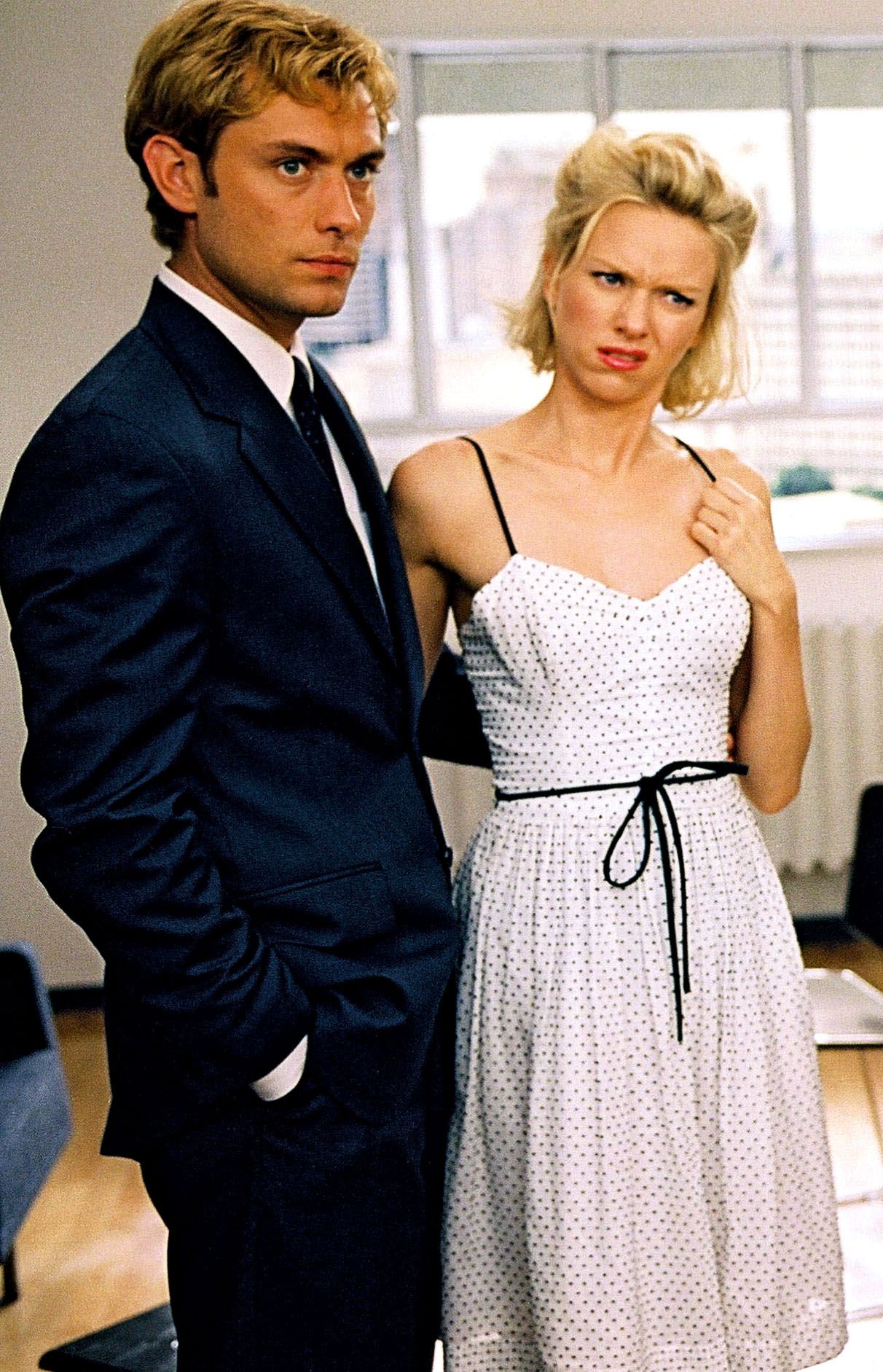Philosophy at the Movies
You can always start with the collected works of Plato, but these movies help introduce big philosophical ideas that may feel more accessible on the screen than on the page.
RASHOMON
The Big Idea: Reality—and truth—is subjective
Four people tell the story of a rape and murder, with conflicting and contradictory memories of the same event. The point isn’t that someone is lying but that everyone is telling the truth — it’s just that their truths don’t match, suggesting that truth isn’t the objective reality we think it is.
THE TRUMAN SHOW
The Big Idea: Plato’s Allegory of the Cave
This movie, about a lovable guy who has no idea his entire life is a television series that runs 24/7, is a modern take on Plato: We can never really be sure at any time that we’re living in the real world because there’s always the possibility that we’re not seeing what’s really here.
PI
The Big Idea: The ontology of numbers
When we talk about numbers, we’re actually talking about number values and relations based on a well-articulated body of philosophical principles that reflect our best attempt to maintain balance and harmony in the material, social, and ethical worlds. In other words, numbers have a kind of being — a fact this film illuminates.
THE GODS MUST BE CRAZY
The Big Idea: Objects ready-at-hand vs objects present-at-hand
Objects, like the Coke bottle in this movie, are ready-at-hand— their meaning is in their use, and in using them, we cease to notice them. Even unfamiliar objects, like the Coke bottle, may start out as objects present-at-hand, things to be considered for their qualities rather than their use, quickly become useful rather than contemplative objects.
GROUNDHOG DAY
The Big Idea: The Myth Of Sisyphus
Camus’s idea — that if we embrace the futility and unalterability of our fates, we recognize the absurdity of existence and can peacefully accept it — plays out when a weatherman finds himself stuck in a loop, living the same Groundhog Day over and over again.
I ♥ HUCKABEES
The Big Idea: The history of philosophy in a nutshell
Existentialism and Asian philosophy fight for dominance in this delightfully weird movie which operates as a loose, narrative exploration of the history of philosophy masquerading as a film about a popular department store.
This was originally published in the fall 2017 issue of HSL.
(We’re Amazon affiliates, so if you purchase something through an Amazon link, we may receive a small percentage of the sale. Obviously this doesn’t influence what we recommend, and we link to places other than Amazon.)












Critical thinking is one of those things that comes up naturally in life, but you may also want to consider a curriculum that helps your homeschooler develop a critical thinking toolkit in an organized way.